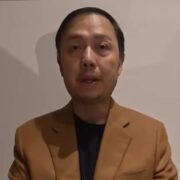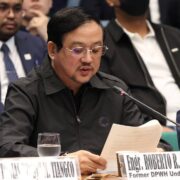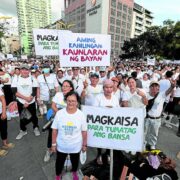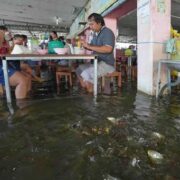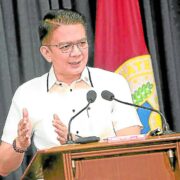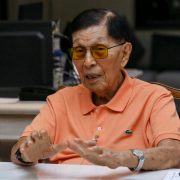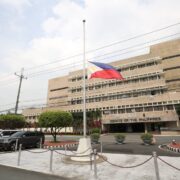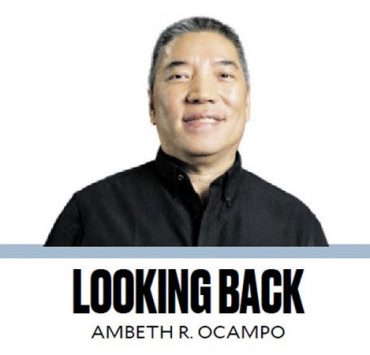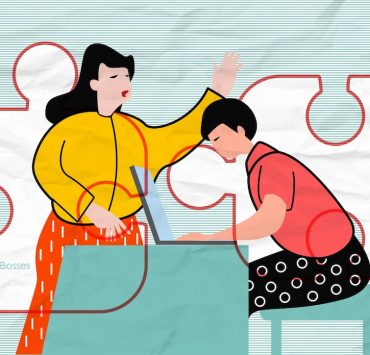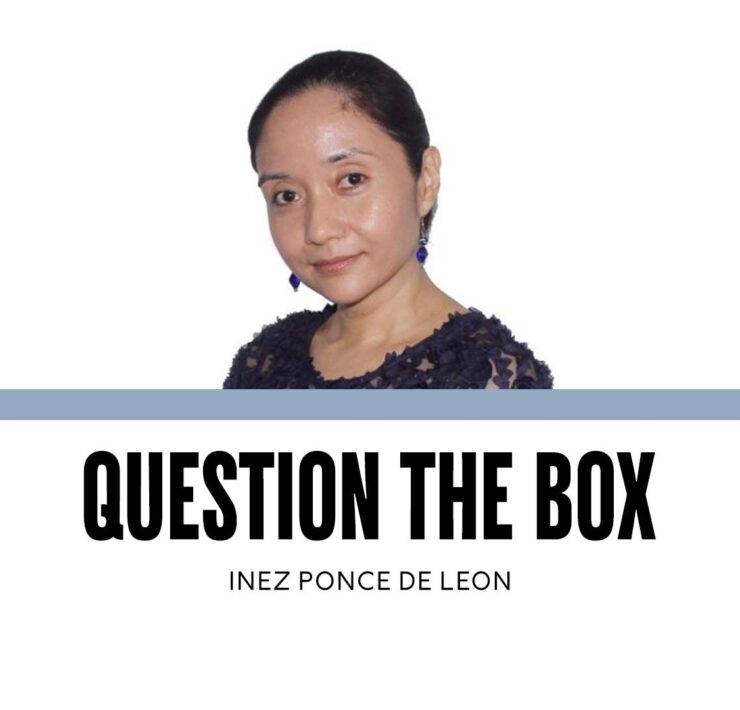A people of death
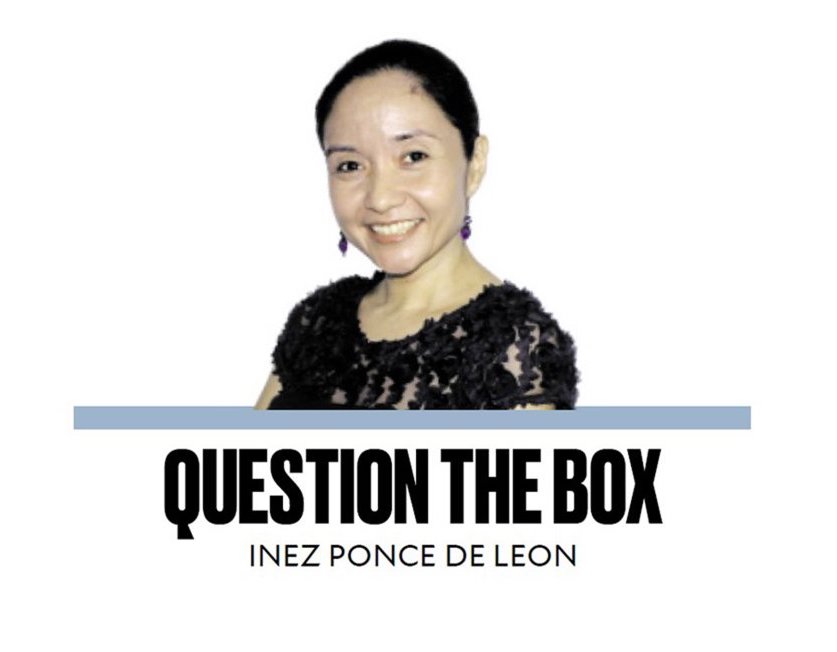
Last Sunday, I was once again treated to a thought-provoking homily by Fr. Carlo Lacang, SJ. The Gospel was about vigilance for the “end times.” Father Lacang used the message to focus on our tendency to view death as final, despairing, hopeless.
He shared stories from his ministry. A woman with terminal cancer who, despite the “due date” her doctor had given her, strove to survive so that she could be a mother to her young children. A woman imprisoned for a crime she did not commit, now teaching her fellow inmates to read and write so that they can understand their legal documents. An athlete who poured all his strength into a make-or-break game, but lost, then found the courage to try harder so that he could compete better next time.
They had all faced a form of death, he said: the loss of life, freedom, a dream–and yet they looked death in the face, lived fearlessly, became a gift to others. They did not blind themselves to their worries by living in reckless, self-serving abandon. Instead, they found joy in serving others as whole, gifted, imperfect humans, comforted with not being in control.
He called it the Paschal death, the acceptance of the inevitable, using the knowledge of the finitude and fragility of life to “accept all gifts with grateful and trembling hands.” We could be the people of death, he said, they who could see dying–and its many forms–as a new beginning.
The idea of being called a people of death seemed to clash with what should be our condemnation of the culture of death, which St. John Paul II wrote about in his 1995 encyclical Evangelium Vitae (The Gospel of Life). In it, he decried a modern society that seemed enlightened on its surface, but which espoused misguided notions of freedom and progress.
Such notions, he said, contribute to a culture of death: when freedom leads to destruction rather than respect for the life of every human person, when people use privilege to define which human lives deserve protection and which do not.
The culture of death, therefore, treats human life as a commodity that can be labeled, monetized, owned, rather than recognized as having “inherent dignity” and “be treated with the utmost respect.”
This culture, he claimed, came from society’s loss of a sense of God. Read closely: it is not the lack of religious belief, but a decline in spirituality–a failure to recognize that one is not always in control, that there are forces beyond our knowledge that govern the hidden machineries of the universe, that there are miracles still worth our wonder and awe.
When this is read critically, we can find two things.
One: even religious people participate in the culture of death when they do not value all life, when they forget that all life arises from God. They are the ones whom the Gospel of Matthew says honor God only with their lips, not their hearts.
Two: we participate in the culture of death when our actions (aside from those already mentioned in Evangelium Vitae) lead to a stripping of the dignity of life.
When we ignore the continued abuse and oppression of the poor by allowing the rich to take away their land, or to build gated communities that drive up the value of land so that the less fortunate are forced to live in hazard-prone areas at the price of the comfort of the privileged few.
When we shrug because we believe we are powerless to stop climate change, even as our smallest actions exacerbate the extreme weather, killing thousands across the world.
When we turn away those who seek asylum because they did not go through the “proper channels,” even as they are fleeing places of great conflict, even as they suffer more than we did when we were once in their position.
When we allow people to carry deadly weapons even when we have seen, over and over, how such weapons have killed the innocent, whether they were sitting in their classrooms or dreaming dreams in what they thought was the comfort of their home.
When we vote for those who glorify murder.
To reduce morality to political parties? That, too, is part of the culture of death when it focuses on ideology and votes, and forgets that every minute of anyone’s life on earth, from the cradle to the grave, must be sustained with goodness, dignity, safety.
The culture of death constructs death as a fear to cripple us, rather than a prompt to live a meaningful life.
This is perhaps where the people of death can join in condemning the culture of death. When we face the inevitability of death, Father Lacang said, we strive to live a fulfilling life. Not one where we shut out the world and focus on ourselves, but one where we find joy in being of service to others.
We fear death because we believe it is terminal. To this, I add: aren’t terminals also places for a vehicle to stop, and then go to many places yet?
If so, then the people of death are those who use their lives to refashion a world of deeper joy, for the good of all humanity–before they reach the terminal, take a trip, and go off on their next great adventure.
————–
iponcedeleon@ateneo.edu




